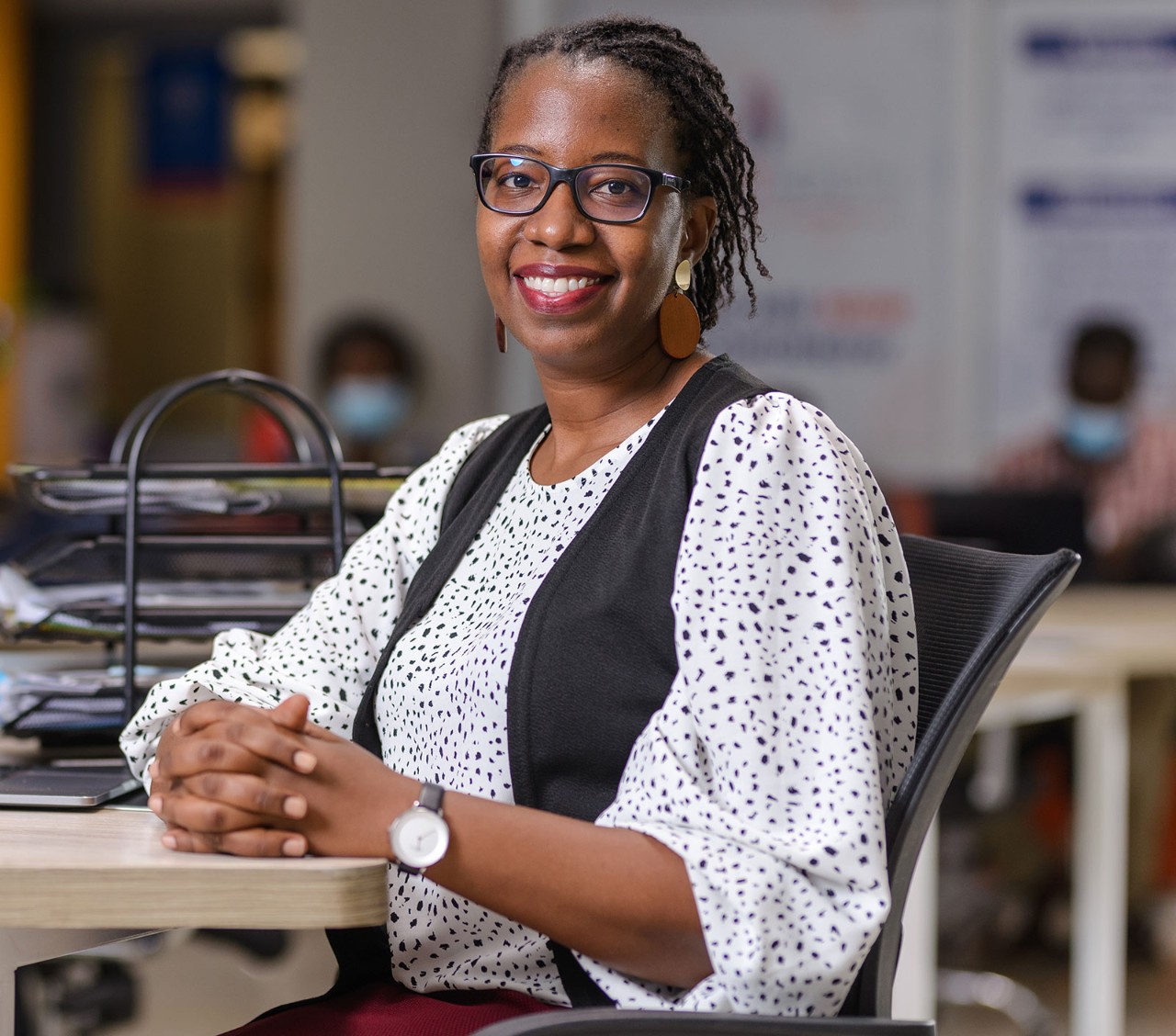
Zambia is at the start of a transformational journey in which science and technology will be vital enablers. They can grant access to the global stage, where Zambia can trade and share its skills, and open the way to new opportunities.
There are some critical challenges to work on. Our overarching goal is ‘digital fitness’: it is crucial for our citizens to connect digitally. There are some barriers to this, such as levels of skills and literacy among citizens, and issues of affordability and access. The government wants to create a policy and legal framework that will stimulate investment and competition, and support access to digital services.
We will need accountants to come to the table with conversations on how we can transform Zambia
We need to bring everyone along on this journey, realising a digital transformation for the Zambian people in all economic and social sectors, ensuring that technology infrastructure isn’t just focused in urban areas, and that there are jobs in tech for youth and women. Setting the stage for inclusion and diversity in science, technology, engineering and mathematics is crucial because it will bring diverse perspectives, skills and knowledge.
These are priorities for government and in alignment with the UN Sustainable Development Goals (SDGs). For my ministry, SDG 9 – building resilient infrastructure, promoting inclusive and sustainable industrialisation and fostering innovation – is a particular focus. We need to significantly increase access to information and communications technology, and strive to provide universal and affordable access to the internet.
Agility is essential
Agility and room for innovation are essential for tech to thrive. The government is helping to create the sort of ecosystem this will demand. For example, we are digitising records in our ministries, embracing open data and encouraging information sharing to the benefit of Zambia’s many small and medium-sized enterprises and other businesses.
We are setting up frameworks and policy to accelerate Zambian innovations around financial technology. My ministry will support existing tech hubs, in partnership with the Ministry of Finance, as part of its agenda is to ensure that Zambia is digitally financially inclusive. The government is investing in research, science and technology, while encouraging private-sector participation.
Tech hubs are one way to drive innovation. Building and maintaining a broader national base of fundamental research and development can provide the knowledge and expertise to fuel more diverse innovation. Using emerging technologies to bridge gaps that could hold back inclusive and sustainable development is a priority.
Government ministries are engaging with various stakeholders to create partnerships that are going to move technology, science, innovation and skills development forward. There are talented people in the private sector who are helping to shape Zambia’s digital future, by developing local resources such as world-class data centres and technology-based innovations in areas ranging from banking to robotics.
Power of the profession
As an accountant, I am conscious of how much the profession can do to assist Zambia in its ambitious plans. Their knowledge and experience can contribute to our progress, whether they are working inside businesses as employees or as trusted advisers in external firms.
We will all need to embrace technology if Zambia is to grasp the opportunities it offers and overcome some of the barriers to success. Accountants can help by being open to continuous learning and advocating for smarter use of technology in the accountancy space. Existing and emerging technologies have the potential to reshape aspects of the finance function and related compliance processes – and for the better.
Accountants should be aware of what existing and emerging technologies can make possible in the finance function and wider business. A lot of data is being generated around financial and other aspects of the business. By looking beyond functional silos and making smarter use of tech, this data can become a valuable shared resource for improving decision-making and supporting innovation and productivity.
Collaboration
Accountants can also build relationships and work in partnership with other parts of the business. They can help to drive the innovations that lead to economic transformation, both within the organisations they work with and for and more broadly.
We will need accountants to be ready to come to the table with conversations on how we can transform Zambia. Significant science and technology changes are happening, with more on the horizon. Together we will need to tap into our collective experiences and skillsets to manage the ambiguity that comes with rapid change. This period presents opportunities to redefine our country and our world.


